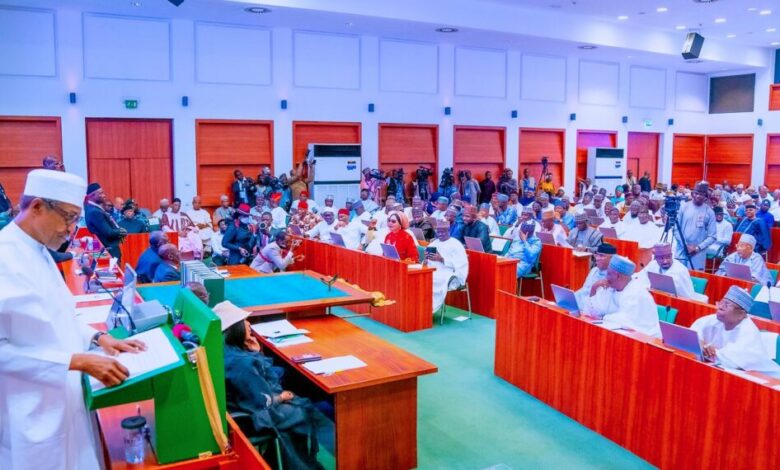FGN to Borrow up to N400 Billion Per Month in 2023 to Fund Budget Deficit

On the 16th of January 2023, the Debt Management Office released the bond issuance calendar for the First Quarter of 2023. According to the calendar, the Federal Government aims to issue bonds of up to N400 billion every month in Q1 2023. The auction dates for the bonds are on the 30th of January, the 13th of February, and the 20th of March.
There will be a re-opening of the 13.98% 2028 bond, 12.50% 2032 bond, 16.25% 2037 bond, and 14.80% 2049 bond. The proposed figure to be borrowed in Q1 2023 is a huge leap from Q1 2022 when the FG issued bonds of about N160 billion every month during the quarter.
In 2022, the FG raised N3.06 trillion from the bond market and recorded about 53.2% oversubscription which was higher than the N2.71 trillion raised from the bond market in 2021. According to the 2023 budget, the FGN is targeting raising N7 trillion from the bond market. However, the question is, will the FGN be able to raise such a humongous amount from the bond market? Considering this amount has never been raised from the bond market before.
Also Read: We Can’t Breathe: How Africans Suffocate Themselves With Debt
In his interview with CNBC Africa, Egie Akpata, Chairman of Skymark Partners noted that in the year 2022, the FGN was only able to raise over N400 billion once, and raise over N300 billion twice. He also noted that if the FGN was able to raise N400 billion every month, it won’t be able to reach the desired N7 trillion.
“Raising 320 to 400 billion every month is very difficult, and it will have a material impact on interest rates in the short term.” He added.
Last year, to drive attraction to the bond market, the FGN raised the interest rates on issued bonds. There’s a heightened probability that the government will apply the same tactic this year. Also, in 2022, the inflation rate plus tighter monetary policy in Nigeria drove attention from the stock market and toward the bond market. Will there be a repeat of such conditions in 2023? It remains to be seen.
Mr. Akpata expressed concern about the capacity of the nation’s capital market to absorb that much issuance. According to him, there is a constraint on liquidity in the capital market, especially from the CBN’s Cash Reserve Ratio (CRR) deductions.
The amount raised from the bond market plus T-bills in 2022 was put at about N3.13 trillion, even considering that the condition of the market was much more favorable for the bond market. However, with speculations that inflation may have peaked, will the stock market not become the investment vehicle of choice again?
Mr. Akpata also noted the dates on the issuance calendar and questioned the feasibility of issuing bonds worth between N640 billion and N800 billion between the 30th of January and the 13th of February. Stating that the high volume of the bonds will cause a drastic rise in interest rates in the bond market.
He also spoke on the possibility of the FGN exploring Eurobond options irrespective of the July 2023 maturity date for one of the Eurobonds.
“In the budget, there’s about N1 trillion which is about $3 billion thereabout to be borrowed from other foreign sources, not bilateral or multilateral agencies, it’s not clear who those are, but I’ll not be surprised if the positive sentiment in the Nigerian Eurobond market continues.
Also Read: Finding a Way Out of Nigeria’s High Debt Costs
“If you start to see some instruments approaching par, like the one issued last year, the 2029 bonds, which has risen by about $20 from $69 to $89. If it starts to approach par, and you start to see interest rates about 9%, I won’t be shocked if the government goes back into that market because that’s the market with the least restrictions and most flexibility.” He added.
Mr. Akpata also spoke about Ghana’s proposed 30% haircut on Principal for Eurobond holders. According to him, the Ghanaian situation was not likely to affect investor sentiment about the Sub-Saharan bond market, citing Nigeria and Angola as countries whose bonds have gone above par.







